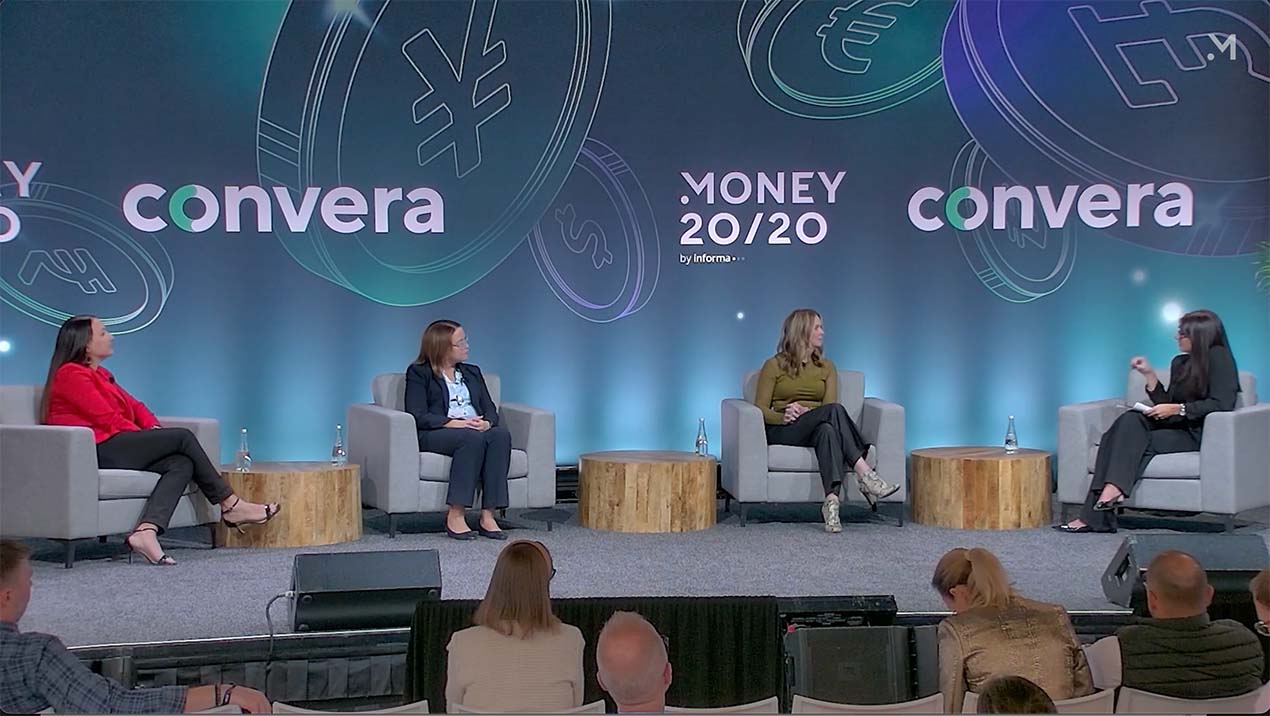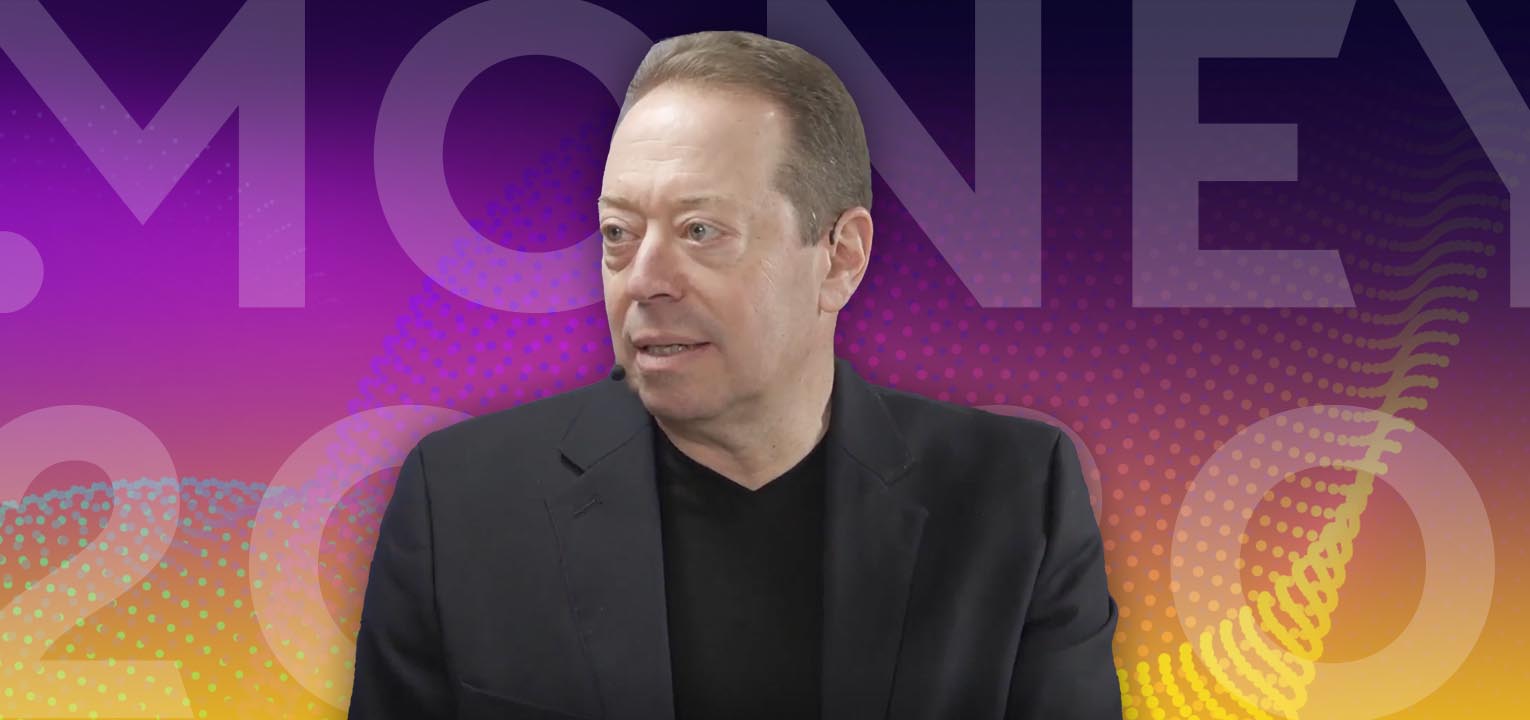Personetics, an AI-powered platform used by some of the world’s biggest banks to issue tailored advice and insights to customers, has raised $85 million.
As banks and financial institutions grapple with digital transformation in a world that has rapidly transitioned to online-first, knowing how to engage with customers and stay ahead of the competition is perhaps more vital than ever. This is where Personetics enters the fray, with a data-driven approach to delivering personalized customer engagement.
“Banks are increasingly moving from a passive to a proactive relationship with customers, and looking for new ways to help them improve their financial well-being,” Personetics cofounder and CEO David Sosna told VentureBeat. “They are sitting on a wealth of data that can allow them to anticipate their customers’ needs, and Personetics’ AI helps them turn this into personalized insights.”
Banks including U.S. Bank, Santander, and BMO embed Personetics’ technology between their front-end and backend systems to analyze customers’ transactions and behavior, serving up tips and guidance to improve their financial health. The technology is also available as a white-label offering, meaning that banks can tailor the “look and feel” to suit their own brand.
So, how might a bank actually use Personetics to help its users? Well, let’s say a customer subscribes to two music-streaming services; the mobile banking app could highlight this fact and ask whether they really intended to pay for two very similar services. Or, the bank can track a customer’s checking account to automatically transfer money to their savings account if it makes sense and aligns with their budgeting goals.
Personetics has launched several new products in the past year, including Enrich, which uses an AI-enabled categorization model to cleanse and categorize various internal and external data sources to provide a more accurate picture of a each customer’s transactions — for example, identifying duplicate or similar payments.
Elsewhere, Personetics also launched Act Cloud, which is geared toward giving customers automated and self-adjusting financial wellbeing programs. “The solution leverages SaaS, open banking and automation at scale and works by finding patterns in customers’ spending data and recognizing occasions where customers can save money,” Sosna said. “This can help people pay off debt faster by automatically moving extra money from a checking account, to paying off a loan.”
‘The Netflix effect’
Personetics’ core promise, ultimately, is to bring consumer-focused financial software in line with other digital services they have long been accustomed too — their email providers make smart, contextual suggestions, while online media giants such as Spotify, Netflix, and YouTube leverage AI and smart algorithms to optimize content for their subscribers.
“We believe that data-driven personalization is the next competitive battleground for financial services,” Sosna explained. “Modern consumers want the ‘Netflix Effect’ of effortless experiences and automated recommendations that are highly targeted to their needs and interests.”
Founded out of Israel in 2010, Personetics now has offices in New York, London, Paris, Singapore, and Rio De Janeiro, and claims to serve 120 million users via 80 financial institutions in 30 markets. The company had previously raised around $93 million, the bulk of which arrived via a Warburg Pincus-led round less than a year ago, and for its latest growth round it ushered in Thoma Bravo as lead investor.
Existing backers Sequoia Capital, Lightspeed Ventures, Warburg Pincus, Nyca Partners, and Viola Ventures also participated in the round.
















